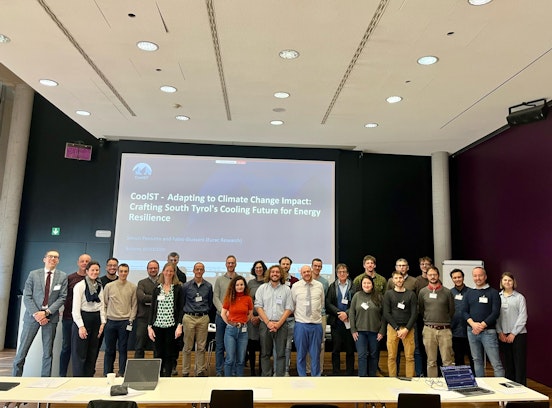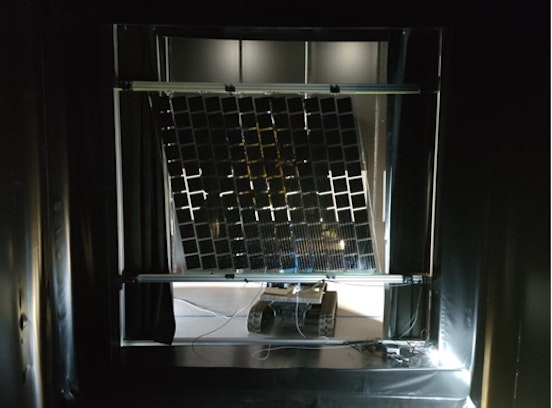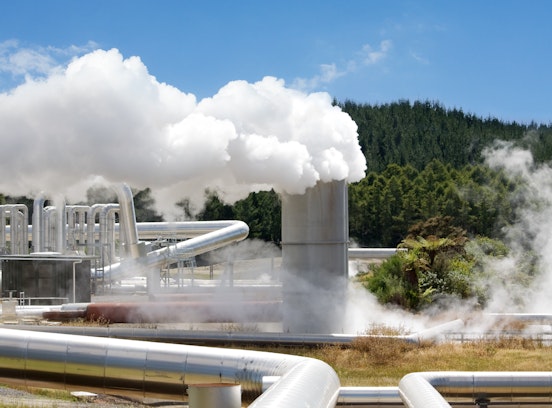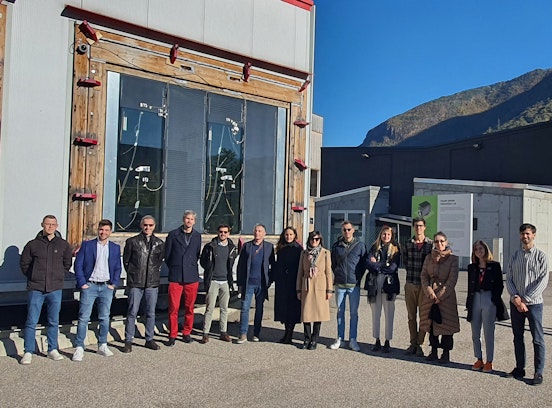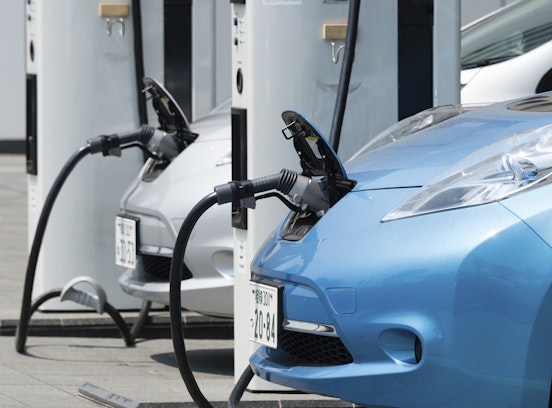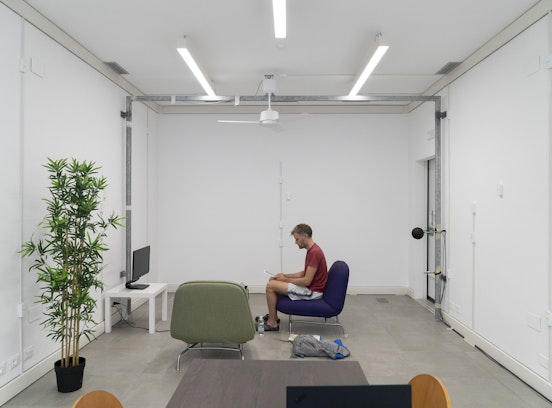Institute for Renewable Energy - Overall energy system modelling and e-mobility - News & Events - Monitored data and social perceptions analysis of electric and hydrogen fuelled buses
Monitored data and social perceptions analysis of electric and hydrogen fuelled buses
A new study by Eurac Research analyses and provides a real-world dataset combined with driver perception of the transformation towards a more sustainable public transport sector.
The electrification of the transportation sector is one of the main drivers in the decarbonization of the overall energy and mobility system. Public institutions can take direct action to achieve a fast reduction of CO2 emissions in this sector by purchasing zero emission public transport fleets. So, the adoption of such technologies comes with several challenges to surpass. One of the questions often asked regards the energy or hydrogen consumption in real life applications and their sensibility to external temperature variations.
Within this context, researchers from Eurac Research Institute for Renewable Energy analysed and provided a real-world empirical dataset of zero emission buses used in the Italian Alps combined with driver perception using an interdisciplinary approach. While the quantitative analysis provides novel insights on a comparison between electric and hydrogen buses in terms of efficiency, consumption, sensitivity to external temperature, covered distances, and cost per driven kilometre, the qualitative analysis focuses on the social acceptance of drivers facing the transformation towards a more sustainable public transport sector.
“Improving the implementation reliability and route planning is crucial to foster zero emission bus applications, but very few real-world data are available regarding operations performance. In fact, many available data are based on theoretical estimations, considering only official data and conversion factors. The present study can contribute to provide a reliable overview for decision-makers towards the transition of zero-emission public fleets. Giving support in considering if such a transition might be possible for the selected route and which technology can be the most suitable one” says Aaron Estrada, first author of the study.
“The social acceptance of drivers in front of the transformations of the transportation sector towards more sustainable systems is an important phenomenon explaining the opportunities to an effective deployment of innovative technologies. Still, social and human aspects are usually not considered. The study presents a Social Science and Humanities perspective to understand the complexity of the deployment process by operationalizing in more detail the concept of acceptance, combining elements that previous studies treated separately” says Jessica Balest, co-author of the study.
“The study shows that both technologies – hydrogen and battery electric buses – could be used successfully in daily operations allowing a clear reduction in on site emissions. The collected data show a high efficiency of battery electric buses. This leads on the one hand to a higher temperature sensitivity in their seasonal applications than hydrogen buses but on the other hand to considerably lower cost pre driven kilometre than hydrogen buses (if public available hydrogen / energy cost data are used)” says Wolfram Sparber, co-author of the study and head of Institute.
The study was developed within the framework of the project LIFEalps, an EU-funded project within the LIFE IP program of the European Commission. The authors would like to thank all project partners for the fruitful cooperation.
The study has been published in the Journal of Energy Storage and can be downloaded under the following link.

